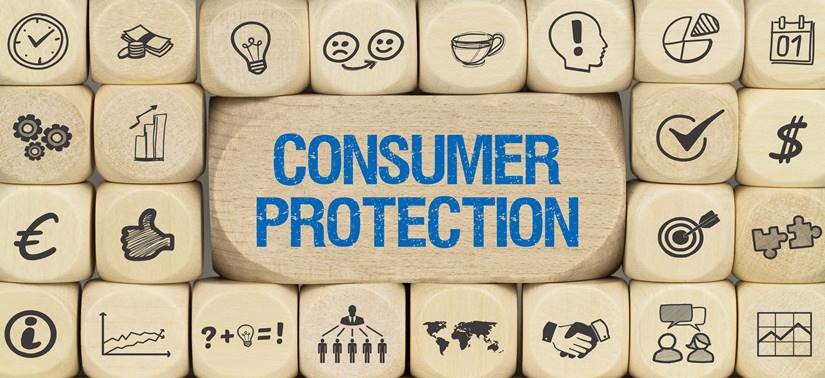Constellation Brands, Boston Beer, Molson Coors, PepsiCo, Jones are some of the beverage companies betting on drinks with THC or CBD, adding them to their beverage product lines, as are cannabis drink makers like CANN Social Tonics, Keef, and Artet. Here’s why:
Just about everyone enjoys socializing with a drink in their hand. Wherever people are gathering, from couples to small groups to large events, whether at a bar, cocktail party, friends/family get together, a game or other outing, most people have a drink in their hand. Years ago cigarettes were as ubiquitous in social settings, but those days are long gone – smoking, because of its health effects and smell, has become obsolete if not shunned. The same stigmas seem even more pronounced when it comes to smoking or vaping cannabis, plus there is the added stigma of “getting high,” which, for some reason, as a general matter, seems less socially acceptable than “getting drunk.” Cannabis drinks are not burdened by these stigmas.
Moreover, just like alcoholic beverages, cannabis drinks allow the consumer more control over their psychoactive experience. Just as consumers use beer, wine, and spirits for a range of intoxication, cannabis drinks can be consumed in the same way. A few sips of a cannabis beverage with 10 mgs of THC may be enough for some to get a slight euphoric buzz that does not interfere with their socializing like a beer or two might give someone a slight buzz that does not interfere with their socializing. In this way, cannabis beverages stand in contrast to high-THC products like vapes, butter, and shatter, just as shots of tequilla, vodka, and jager stand in contrast to beer and wine.
Cannabis drinks are a good bet because they largely avoid the stigmas of smoking and getting high, and, in so doing, make THC and CBD accessible to consumers who have withheld from using cannabis because of them. Add to that the flexibility and control of micro-dosing, and cannabis drinks become more appealing to more people in more social situations. This is why beverage companies and cannabis companies are betting on cannabis drinks.


